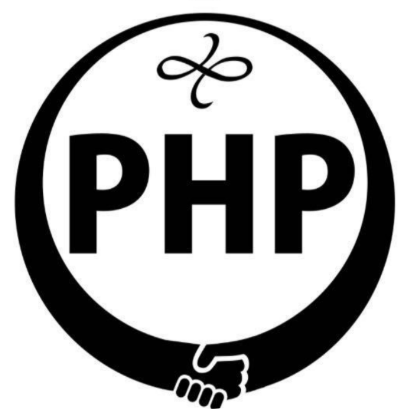During my time in Peer Helper’s Programme, what stood out the most for me were Mental Health Awareness Week and the learning journeys.
Mental Health Awareness Week was one of the key reasons why I joined this programme as I wanted to make a difference and change people’s perceptions regarding mental health, given the strong social stigma surrounding the topic. My team focused on raising awareness about Obsessive Compulsive Disorder. We chose the topic as many people may feel that they have an accurate understanding of what this disorder encompasses, but their understanding comes from myths and overgeneralizations about people who suffer from this mental illness. Some might feel that OCD is being very neat, germaphobic etc. but they are unaware of the severity of it and think that people can just get over their OCD if they tried. Another reason why I chose to work on this topic was because I read elsewhere that most people suffering from OCD only seek help about 13 years after their condition started. This was very worrying to me as I knew some people who exhibited such tendencies around me but were unwilling to seek help so I hoped that anyone like this who saw our booth, cards or poster might have decided to seek help. The stigma around OCD especially arises from the lack of understanding of the complexity of this disorder. It’s rather common to hear people say “You’re so OCD”, belittling the issue and causing sufferers of OCD to feel that what they’re facing is normal, preventing them from seeking help. Thus, our booth focused on wallet cards that were small yet impactful to help people understand that what we commonly label as OCD might not necessarily be OCD. I’ve always been very passionate about community service and standing up for a cause for greater societal benefit, thus MHAW was particularly memorable for me. I really hope that my group/any other group’s project has made an impact on the community, even if we just managed to help 1 person seek help, our efforts would have been worth it. 🙂
Secondly, I enjoyed the learning journeys that we went for as I felt that they gave me a better understanding of the help that students could receive if we do go to these organisations, what working in a helping profession might entail, as well as the statistics about mental health in Singapore. For the first learning journey, I liked visiting Samaritans of Singapore (SOS) as it was enlightening to know about what being an SOS helper would be like, and I might volunteer for SOS in the future. The worrying statistic about the higher rate of males suicide was a reminder of the long-lasting impacts of toxic masculinity, and prompted me to think about how that issue could be solved in small steps by many in our community.
For the second learning journey, I particularly enjoyed visiting IMH and learning about its history as well as how current patients are being treated. The IMH museum was interesting as it reminded me of how far we have come in terms of treatment of mental health issues, from the olden days when IMH was labelled as a “mental asylum” to how IMH is now coming up with campaigns such as Beyond The Label to help the general public understand that people who suffer from mental health issues are not much different from us. The talk conducted by Ms Mahita Vas was the most enlightening part of the learning journeys. It enabled me to have a better understanding of what bipolar disorder entails and how medicine, as well as therapy and support might help one to get better. Particularly, in the Question and Answer segment, I asked Ms Mahita how I could help someone who does not want to be helped as I’ve been facing this issue with some of my friends. She told me that it’s ultimately up to them to get help and not entirely my responsibility. As a peer helper, I think it’s important to remind myself of this such that I don’t feel guilty when others are not putting in effort to get better themselves.
Other than learning journeys and MHAW, I’ve also learnt many important skills about peer helping, listening and learning to draw boundaries for my own mental health. Lessons on learning how to reflect, paraphrase, summarise, use silence and I-statements allowed me to become a better peer-helper and friend. Also, I’ve learnt to get rid of my tendency to push myself to the limits to help others and I’ve learnt to draw the line for my own sake and such that I can continue to help others in the future. I think that learning where one’s boundaries are is extremely important if one wants to join a helping profession (which I might end up pursuing), so I’m glad that I’ve picked this up at a younger age. Overall, PHP has enabled me to become a more empathetic, sensitive and understanding person.
If you’d like to take steps to help others in the community, or just to learn how to become a better friend, PHP is definitely a programme that I would recommend!

Group photo of our last lesson after a fulfilling year of PHP!

